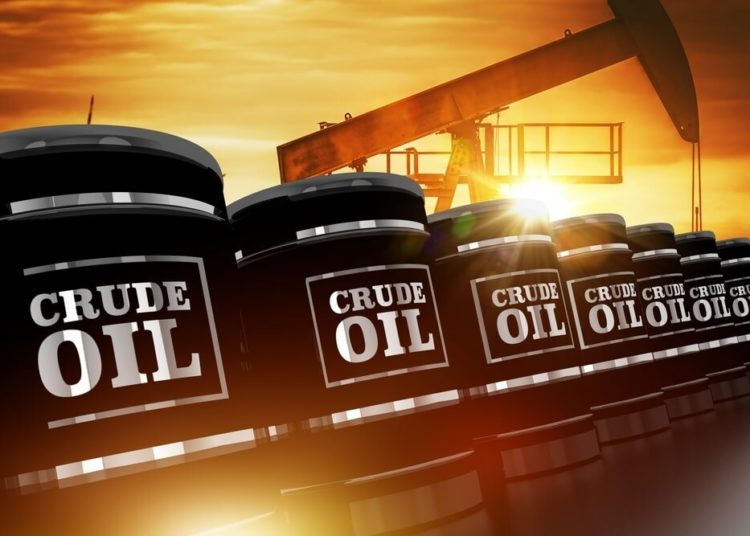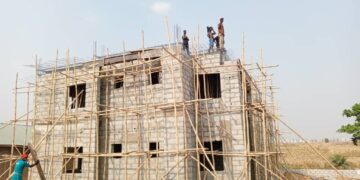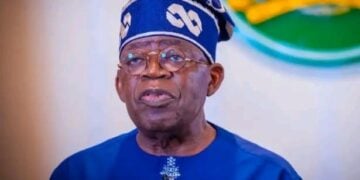Heightened geopolitical tensions stemming from the escalating conflict between Israel and Iran has pushed Nigeria’s flagship crude oil grades, including Bonny Light and Escravos Light, close to the crucial $80 per barrel mark, reports showed on Friday.
Brent crude futures jumped nearly 8 per cent on Friday, reflecting growing worries about an escalation in conflict following Iran’s vow to respond to attacks by Israel.
This upward momentum has cascaded into pricing for Nigerian crude varieties, with both Brass River and Qua Iboe closing in on $80 per barrel.
According to data sourced from oilprice.com, Brass River is currently trading at $77.09 per barrel up $5.24 or 7.29 per cent, while Qua Iboe stands at $77.14 per barrel, following a similar $5.24 or 7.29 per cent rise.
This surge in prices, while offering a reprieve for Nigeria’s tight fiscal situation, underscores the volatile nature of the global oil market and the precariousness of a revenue stream heavily influenced by distant geopolitical events.
The recent uptick in prices for Nigerian crudes reflects a broader market reaction to fears of supply disruptions in the Middle East, a region pivotal to global oil production and transit.
Even without direct impacts on immediate supply, the mere threat of escalation in a major crude-producing hub like the Persian Gulf, especially concerning critical chokepoints like the Strait of Hormuz, is enough to inject a substantial risk premium into oil benchmarks.
As concerns mount over potential disruptions to tanker traffic or production facilities in the region, buyers naturally seek out alternative, more secure supplies from less volatile areas.
This scenario plays directly into Nigeria’s hands. Nigerian crude grades, particularly Bonny Light, are highly prized in international markets due to their light and sweet (low sulfur) characteristics.
These qualities make them easier and more economical for refiners to process into high-demand products such as gasoline, diesel, and jet fuel, aligning with stricter environmental regulations globally.
In times of geopolitical uncertainty in the Middle East, the demand for these “safer” barrels from the Atlantic Basin typically rises, pushing their prices higher relative to global benchmarks like Brent.
For Nigeria, an economy heavily dependent on oil exports for foreign exchange earnings and government revenue, this price rally is a double-edged sword.
On the one hand, approaching $80 per barrel offers a welcome boost to the nation’s coffers. A higher selling price for its crude translates directly into increased foreign exchange inflows, which can help strengthen the struggling Naira, ease inflationary pressures, and provide critical funds for budget implementation.
The Nigerian government’s 2025 budget, which likely factored in a more conservative oil price benchmark, stands to benefit significantly from this unexpected surge, potentially narrowing the fiscal deficit.
While higher oil prices might be a financial blessing for the federal government, the domestic picture for ordinary Nigerians might be less rosy.
Rising crude prices typically translate into higher pump prices for petroleum products, adding to financial pressures for consumers already wrestling with growing food and transportation costs.
Some marketers say prices for Premium Motor Spirit (PMS), the form of petrol used by most Nigerian drivers, could move above N900 per litre if the upward trajectory in crude oil holds.
This could undermine the purchasing power of ordinary families, fueling further discontent and adding a fresh dimension to ongoing policy struggles.











